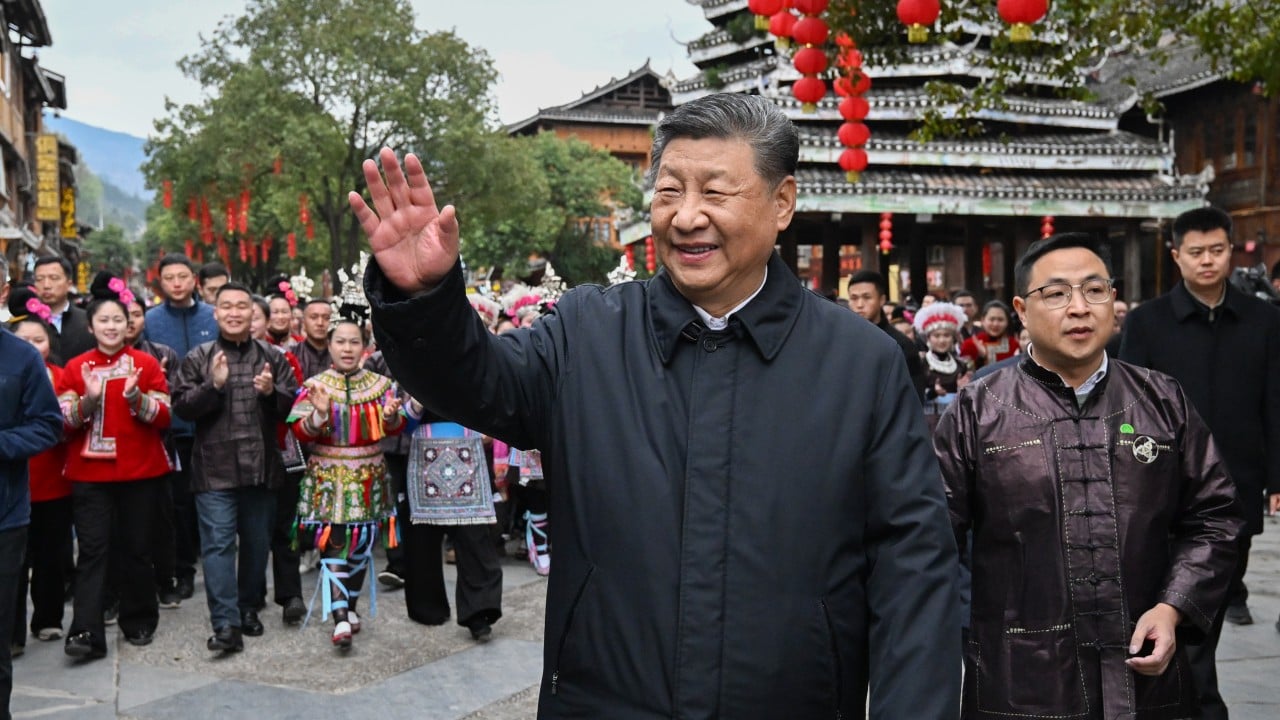In the aftermath of the recent meeting between Chinese President Xi Jinping and US President Donald Trump, many interpretations have emerged. However, one crucial dimension has been overlooked: the way in which Xi’s domestic priorities influence his foreign policy agenda.
Advertisement
The de-escalation of trade tensions between China and the United States goes beyond fentanyl, rare earth elements, the chip war and Beijing’s purchase of US soybeans. It constitutes one of the key elements of internal stabilisation for Beijing amid rising global uncertainty.
In particular, recent agreements reached with the US act as a political insurance policy in the event of an unfavourable outcome for Russia in its war in Ukraine. In my view, Beijing perceives Moscow as a central pillar of balance in its relations with the West and as a key component in ensuring China’s domestic stability.
However, this arrangement cannot last forever. If Russia enters a period of internal turbulence or even an abrupt leadership change, Xi will need to prepare for a potential political and economic shock that could threaten China’s domestic stability. In this sense, recent agreements with the US function as a strategic necessity, a kind of safety belt designed to shield Beijing from potential systemic shocks.
This interpretation is not without precedent. The history of the party and “lean-to-one-side” policy towards the Soviet Union is quite instructive in this regard. Moreover, US president Richard Nixon’s visit to Beijing in the winter of 1972, from an internal policy perspective, helped stabilise Communist Party chairman Mao Zedong’s position at a moment when his authority was challenged by party vice-chairman Lin Biao, an avid promoter of Mao’s “little red book” and his designated successor.
Advertisement
If, as many believe, Lin opposed diplomatic rapprochement with the US, his mysterious death in a plane crash in 1971 removed a major obstacle. Nixon’s visit, by strengthening the technocratic faction around premier Zhou Enlai, provided much-needed stability within the highest ranks of Chinese leadership.

